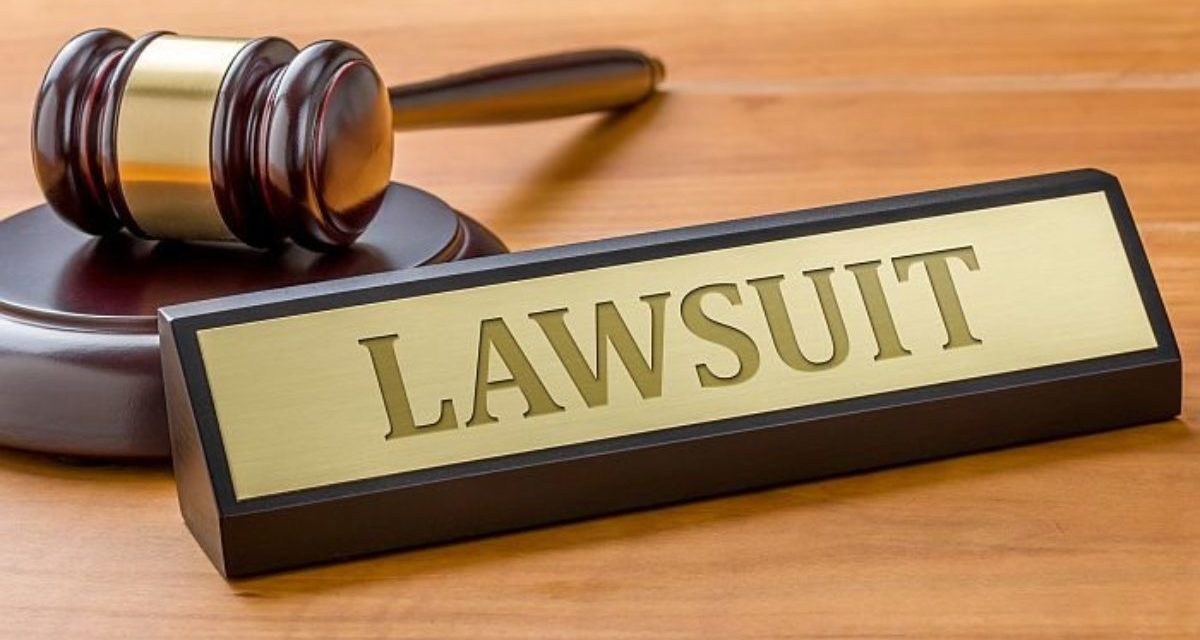Finding “fatal flaws” in a lawsuit claiming Apple monopolizes iOS app distribution, a federal judge has thrown out a class action that sought to make the tech giant open up its App Store and stop charging annual fees to developers, reports Courthouse News.
Lead plaintiff Coronavirus Reporter, an app designed to collect “biostatistical and epidemiological data,” joined with other app developers to sue the technology giant claiming antitrust violations this past July.
The lawsuit claims that Apple unfairly promotes certain free apps in the App Stor. The folks behind Coronavirus Reporter and Calid want $200 billion in damages for themselves and other similarly-affected companies.
Coronavirus Reporter and its co-plaintiffs sought a preliminary injunction that would temporarily block Apple from keeping certain apps out of its App Store and charging developers an US $99 yearly App Store submission fee.
In a 34-page ruling issued Tuesday, U.S. District Judge Edward Chen denied the motion for an injunction as moot after dismissing the lawsuit. According to Courthouse News, Chen found the developers failed to adequately identify a market over which Apple exerts monopolistic control.
The Coronavirus Reporter makers have sued Apple before. The first time was for $800 million. The lawsuit was filed in the U.S. District Court for the New Hampshire District over the fact that Coronavirus Reporterwas denied entry to the App Store in March 2020. Coronavirus Reporter, the lawsuit claims, was developed by a team of healthcare and computer science experts in February 2020 to “capture and obtain critical biostatistical and epidemiological data as it happened.”
However, Apple wouldn’t allow the app on the App Store because the tech giant bars coronavirus-related apps that aren’t from recognized medical, government, or other institution. The app’s developers appealed to no avail.
They said Apple’s actions constitute violations of the anti-monopoly Sherman Act. They wanted, but didn’t get, an enjoinment on the alleged anti-competitive behavior; damages in excess of $75,000; and a permanent injunction restraining Apple’s ability from “restricting reasonable applications.”
Article provided with permission from AppleWorld.Today

